“Like a loaded gun, my love/I lost control of the wheel/Double-crossed by a neon pill,” Cage the Elephant’s Matt Shultz sings on the title track from the Kentucky band’s sixth album. The sound is familiar, a smart, subdued garage-rock swagger that’s a prime example of their ability to punch up a throwback style. But the lyrics are far from burnout boilerplate. Several years ago, Shultz experienced a psychotic response to prescribed medication, and in 2023 he was charged with criminal possession of a firearm. He described what he went through to Rolling Stone’s Ethan Millman as a “a nonstop horror film.” Two songs earlier, on “HiFi (True Light),” when Shultz sings “okay, I’m fine,” as his brother, rhythmic guitarist Brad Shultz, and lead guitarist Nick Bockrath hold a Television-like guitar convo, even that bit of tossed off bravado seems pointedly freighted, as if this is music where there isn’t much emotional space to breathe.
The process of what another song here calls “shadowboxing shame and self-inflected mind-games” has given Cage the Elephant’s music a needed urgency. Their last album, 2019’s Social Cues, circled around theme of rock stat malaise, a less-than-universal concept the band salvaged with a set of songs that cleverly mixed Sixties traditionalism and Eighties revisionism. Obviously, the mental strain Shultz sang about has been put into sharper contrast by his recent troubles. Once again, they’re teamed with producer John Hill, whose Grammy-winning resumé (Eminem, Rihanna, etc) may seem somewhat unlikely for a rugged, agile guitar crew. But his light touch fits a pliable sound that shifts from the Seventies piano-pop introspect of “Float Into the Sky,” to the bare-knuckled glam-rap of “Good Time,” to “Rainbow,” a shot of salvation-seeking psychedelic soul-pop. As on Social Cues, the band pulls off a neat trick of historic remodeling, often suggesting a funky Southern rock band in the late 1970s who just fell in love with U.K. punk and New Wave. “Ball and Chain” is a dark guitar weave over a cuttingly murky groove. “Shy Eyes” sounds like Iggy Pop making an album for Factory Records in 1980.
What evolves amidst all the album’s many genre modifications is the sound of a band using sounds they love to pull themselves through real-life drama. “Silent Picture” is s breakneck image of a life on the edge (“I don’t wanna think about it/I just want the world to disappеar,” Shultz sings), set to tense drums and a searing guitar lead that stretches to the horizon even as the lyrics hint at oblivion. They end the album with “Over Your Shoulder,” in which the band processes another deeply personal topic, the passing of Matt and Brad’s father. “Watching his image ripple past/Just a drop, life moves fast,” Shultz sings over a somber acoustic guitar processional. It’s that sense of pain and perseverance that pushes this music beyond smart modern rock and roll into something deeper.
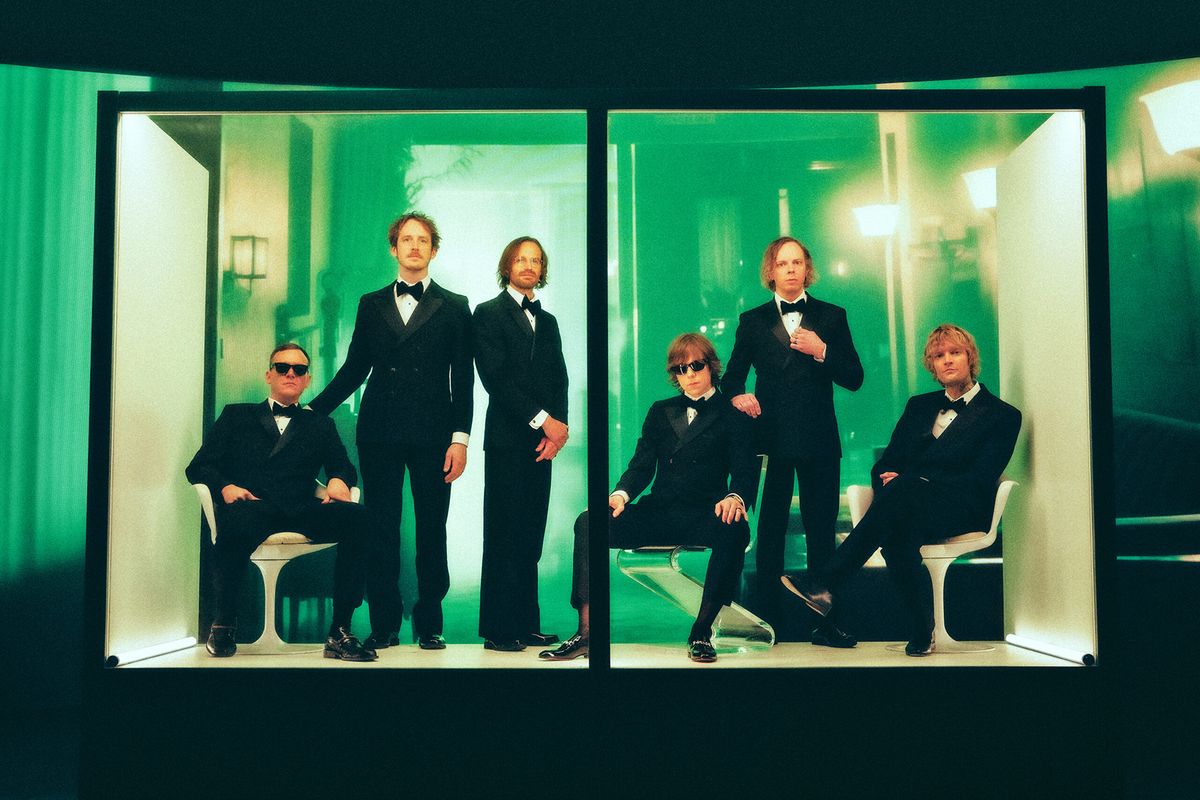





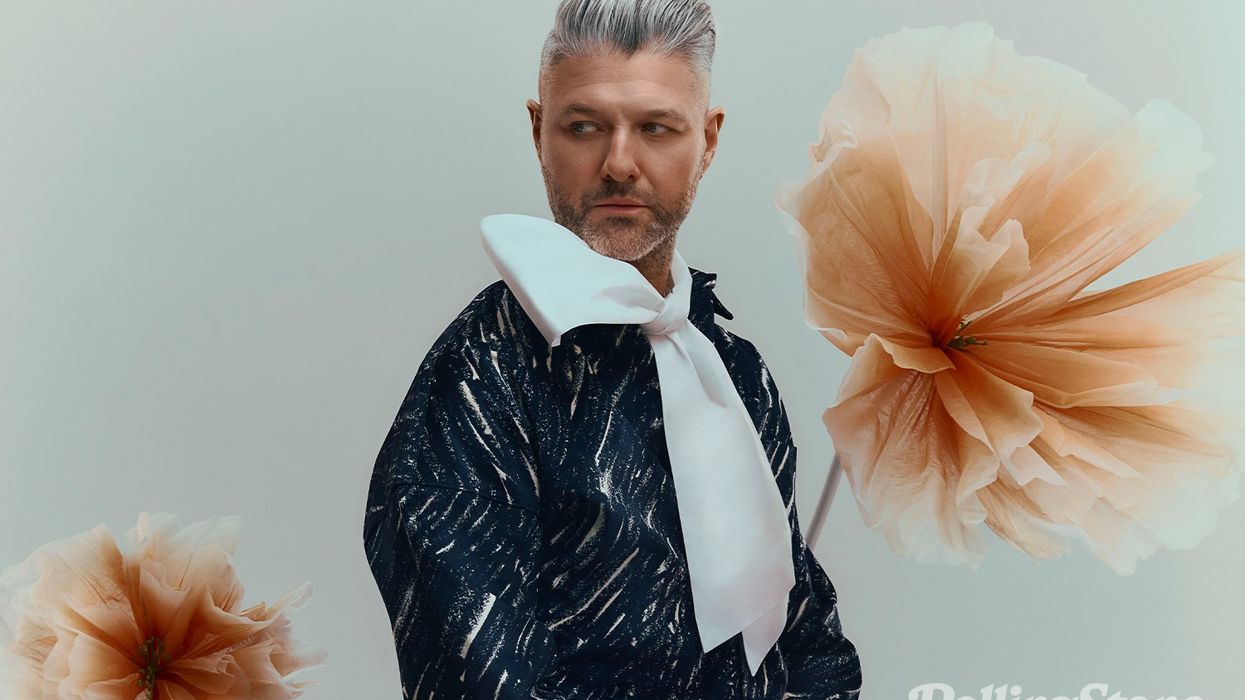
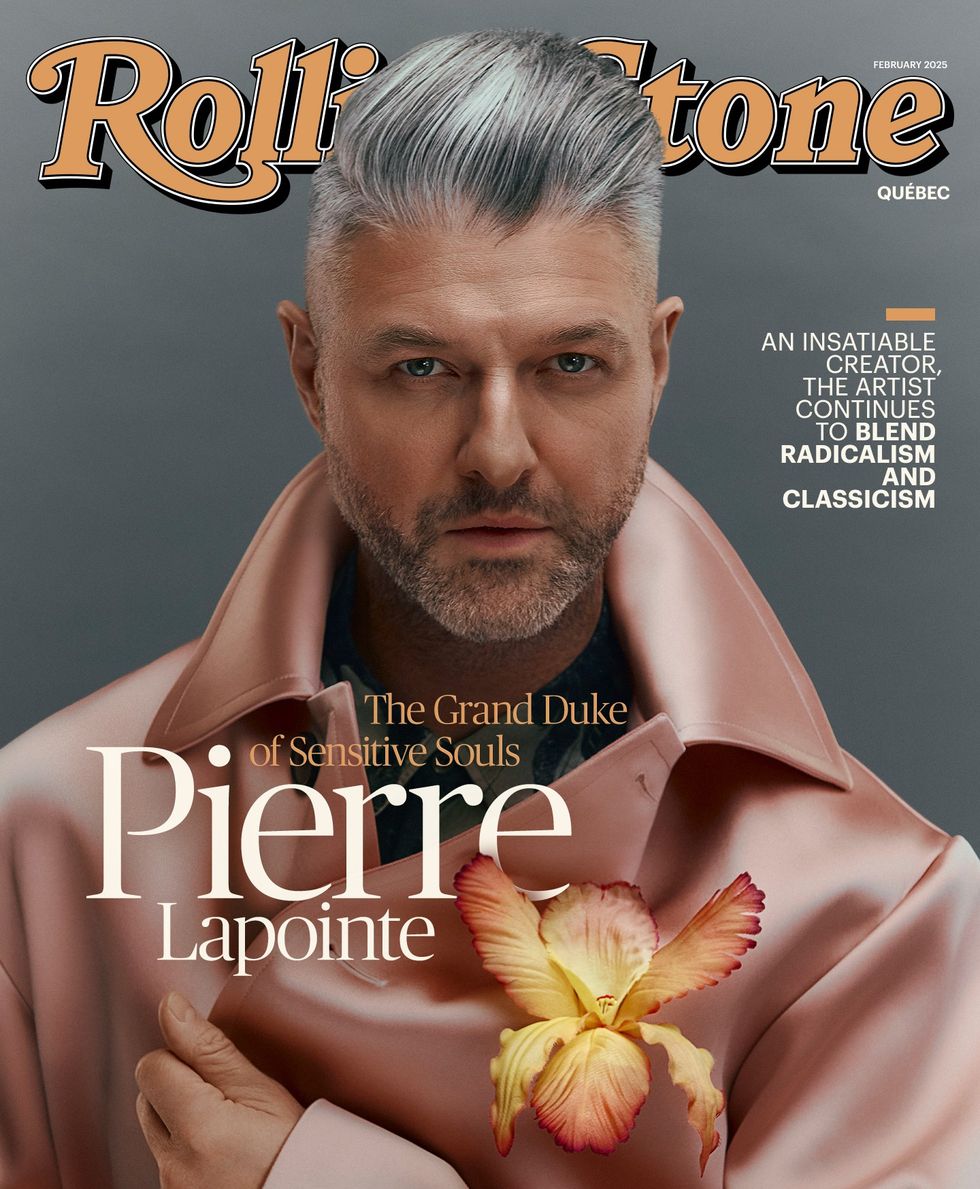 Coat (polyester and wool), shirt (silk), Dries Van Noten, SSENSE.com / Flower (silk), M&S Schmalberg
Coat (polyester and wool), shirt (silk), Dries Van Noten, SSENSE.com / Flower (silk), M&S Schmalberg
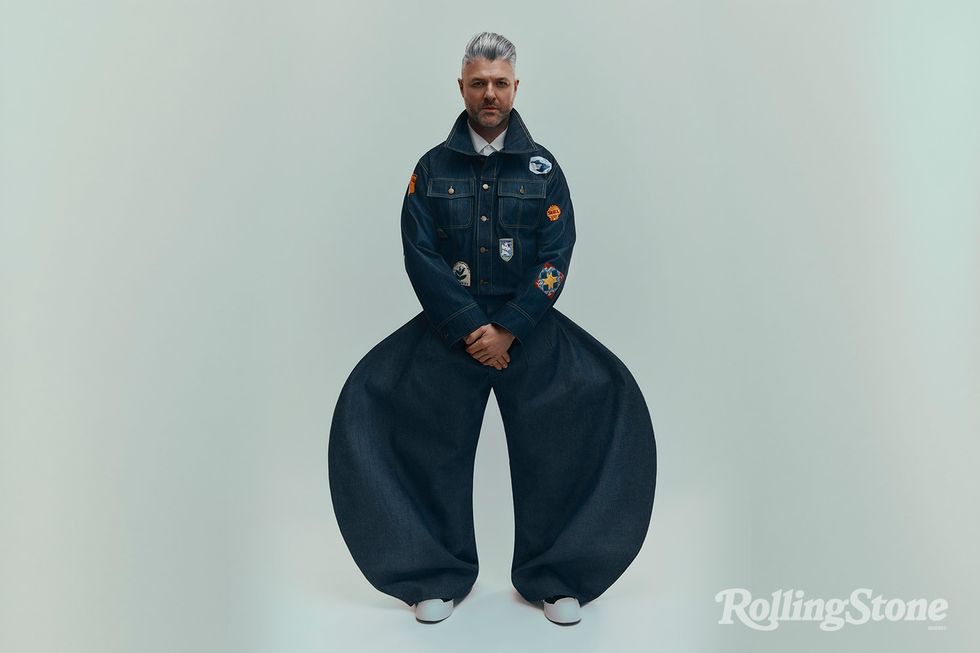 Blouson (denim and hand embroidered patches), WJ Crosson / Shit (polyester), Homme plissé Issey Miyake, Holt Renfrew/Pants from personal collection/ Shoes(canvas), Marni
Blouson (denim and hand embroidered patches), WJ Crosson / Shit (polyester), Homme plissé Issey Miyake, Holt Renfrew/Pants from personal collection/ Shoes(canvas), Marni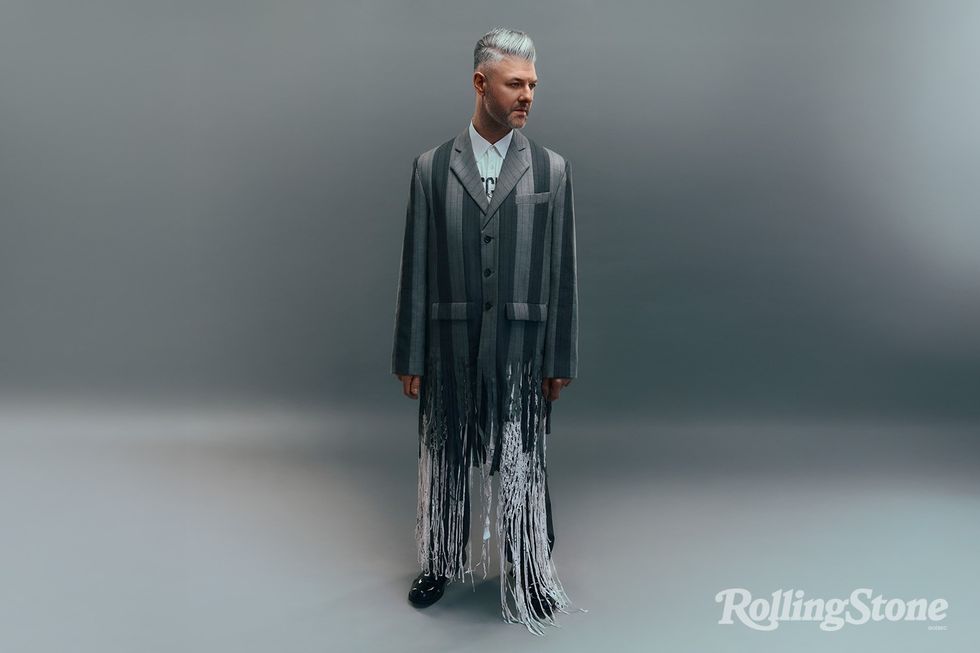 Jacket and pants (virgin wool), shirt (acrylic coated cotton), Moschino / Shoes from Pierre Lapointe's personal collection
Jacket and pants (virgin wool), shirt (acrylic coated cotton), Moschino / Shoes from Pierre Lapointe's personal collection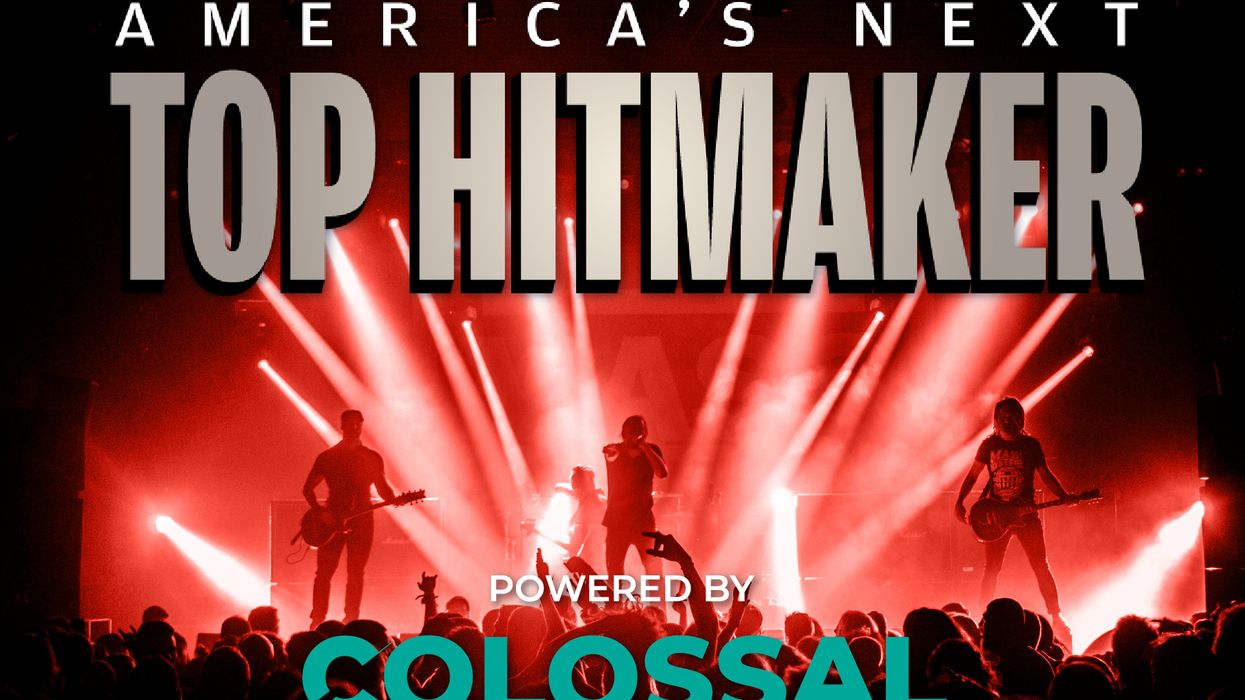
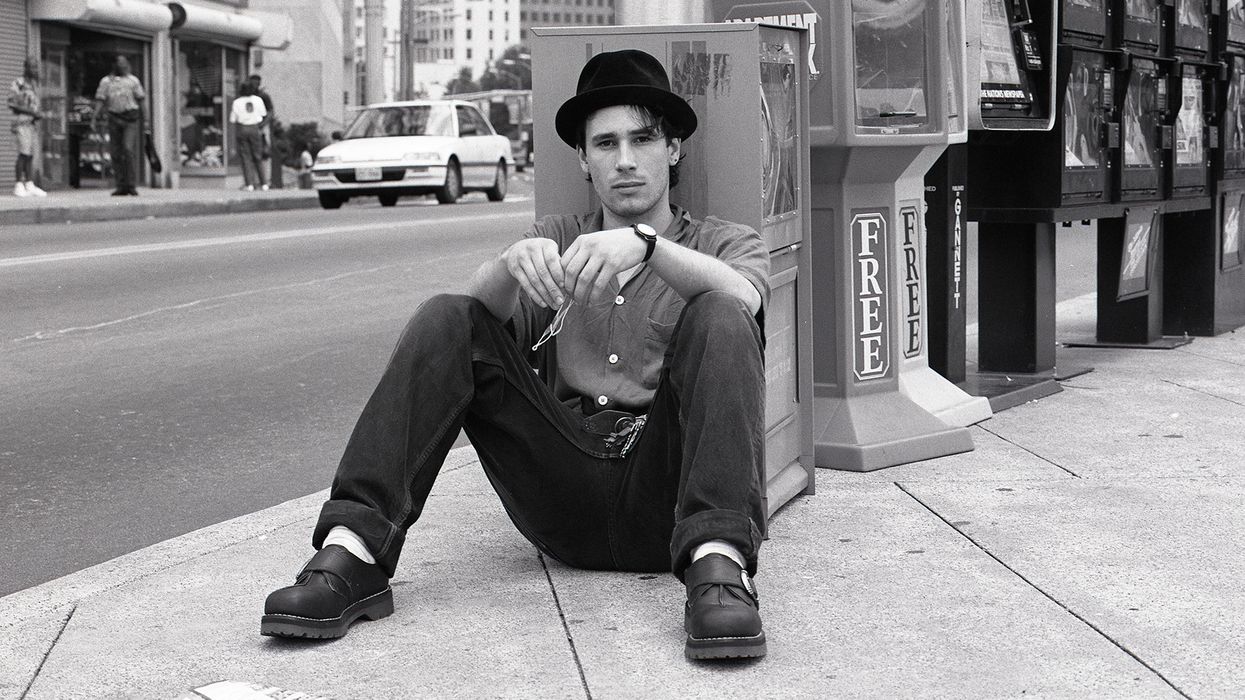

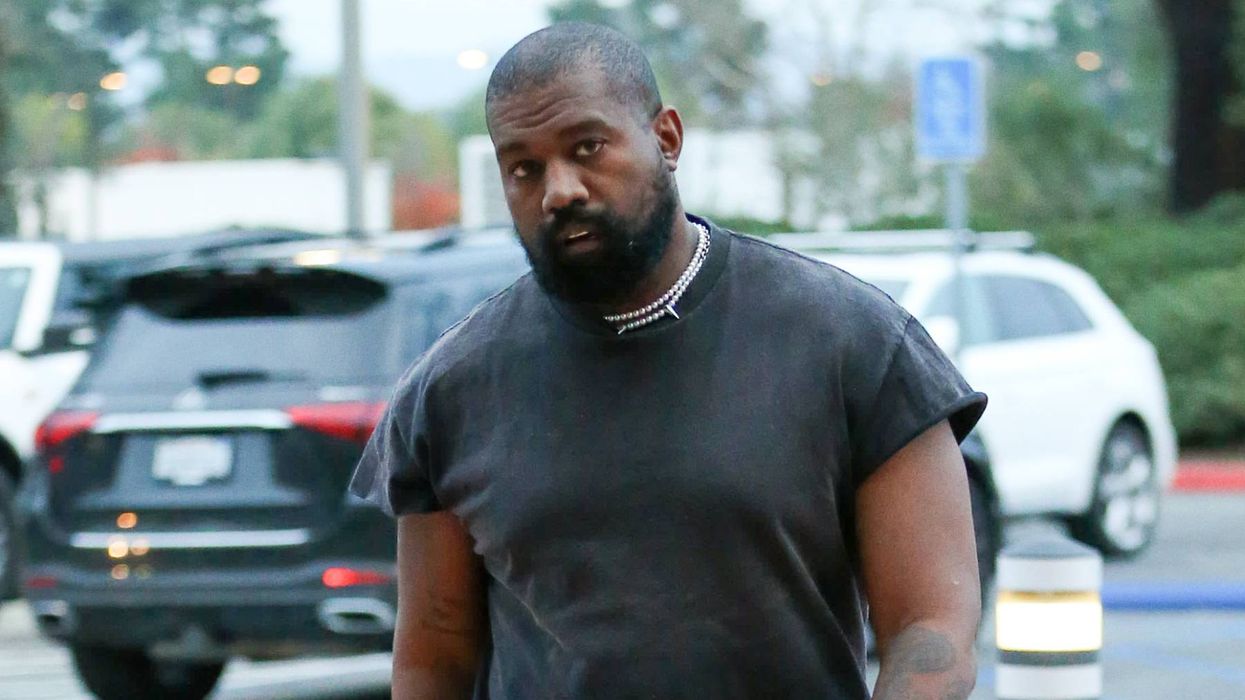
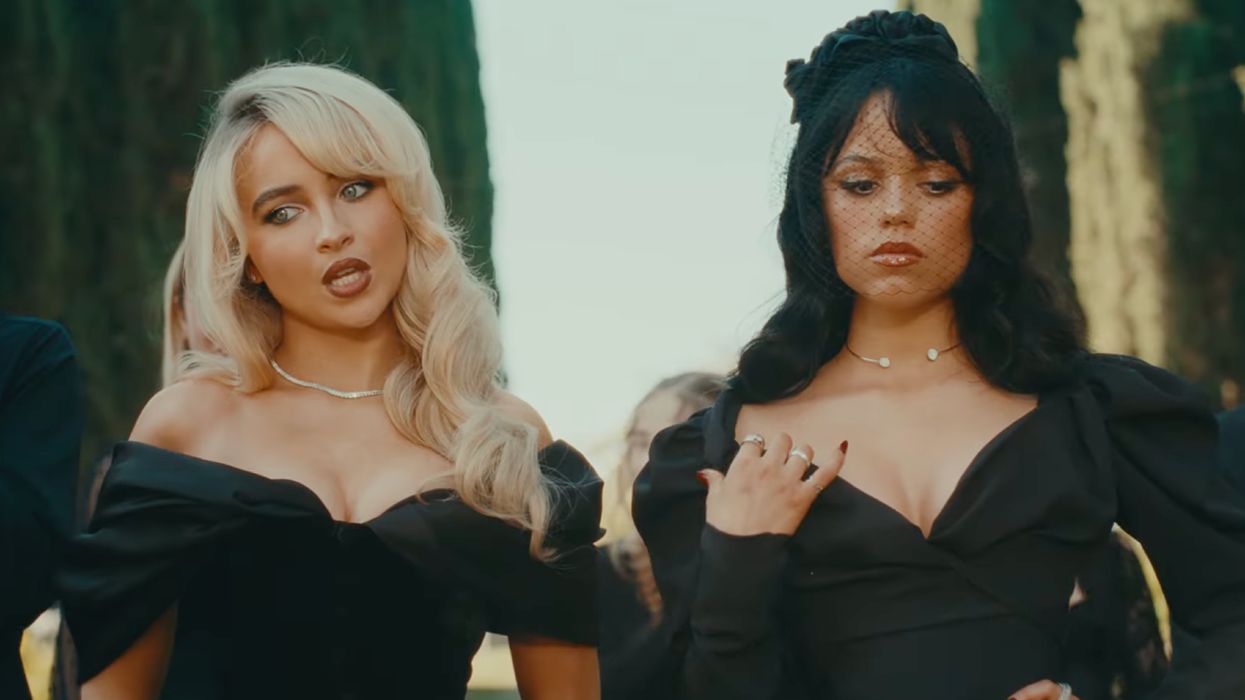
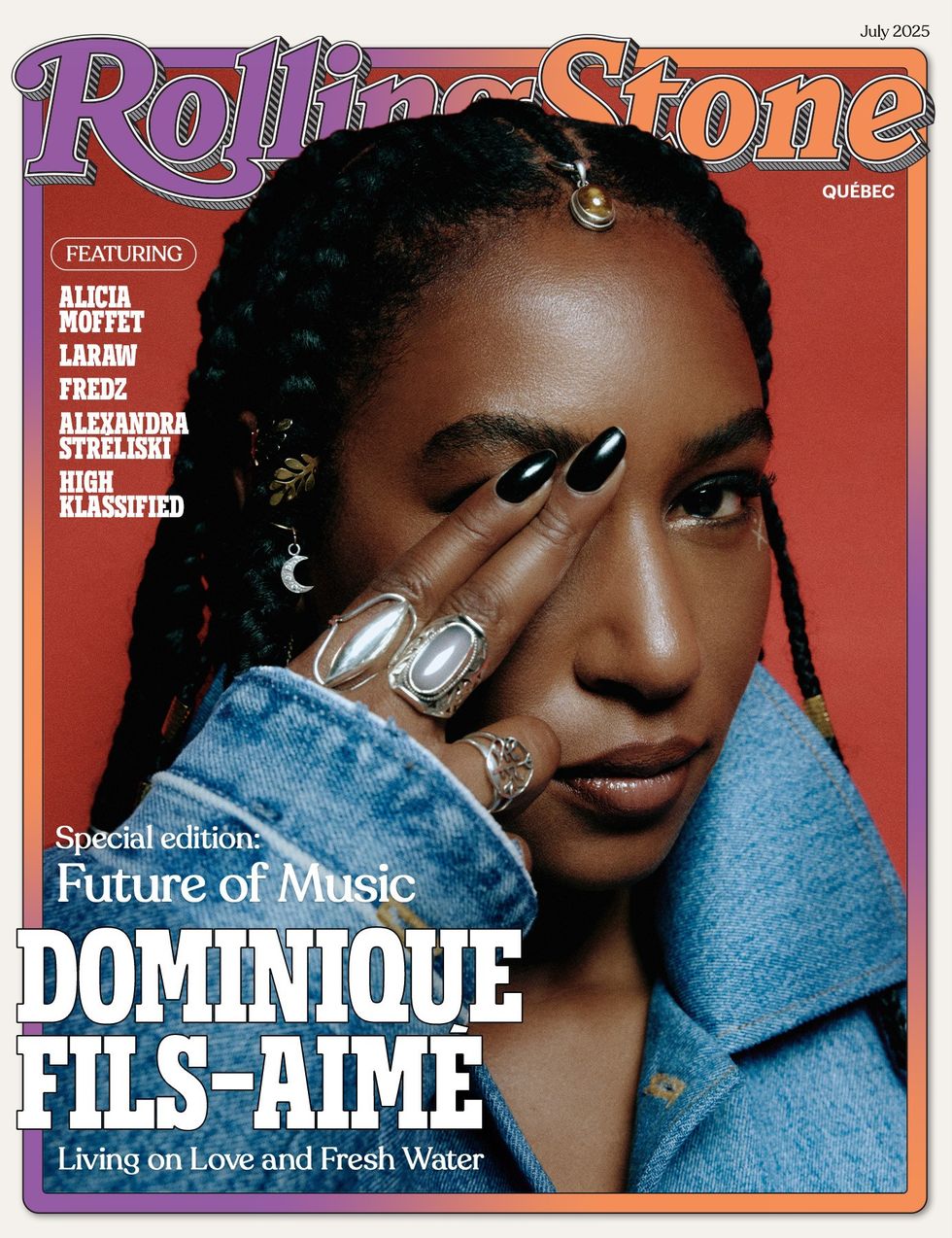 Jean Jacket: Repull/Jewelry: Personal collection
Jean Jacket: Repull/Jewelry: Personal collection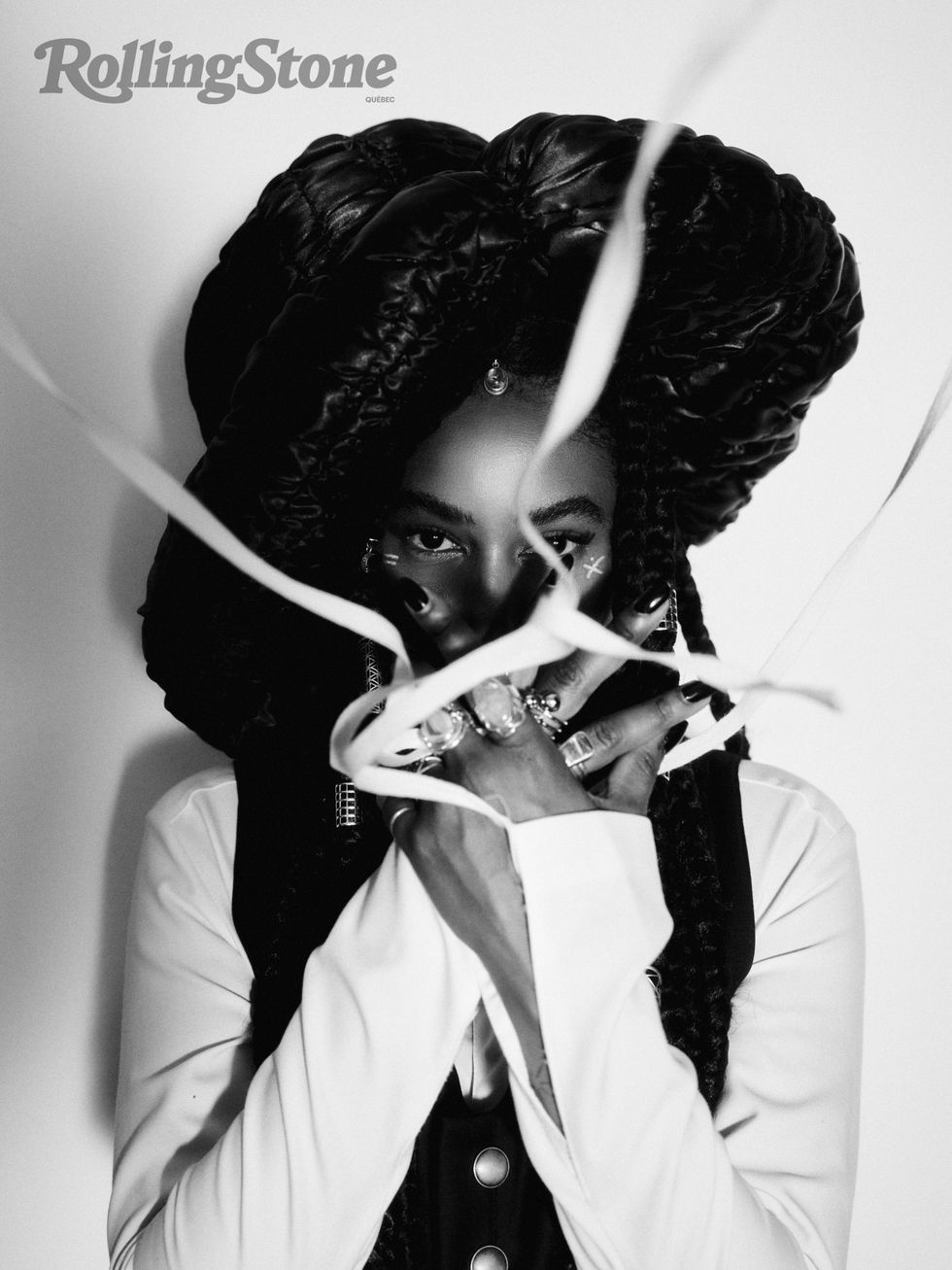 Hat: Xtinel/Dress shirt and vest: Raphael Viens/Jewelry: Personal Collection & So Stylé
Hat: Xtinel/Dress shirt and vest: Raphael Viens/Jewelry: Personal Collection & So Stylé 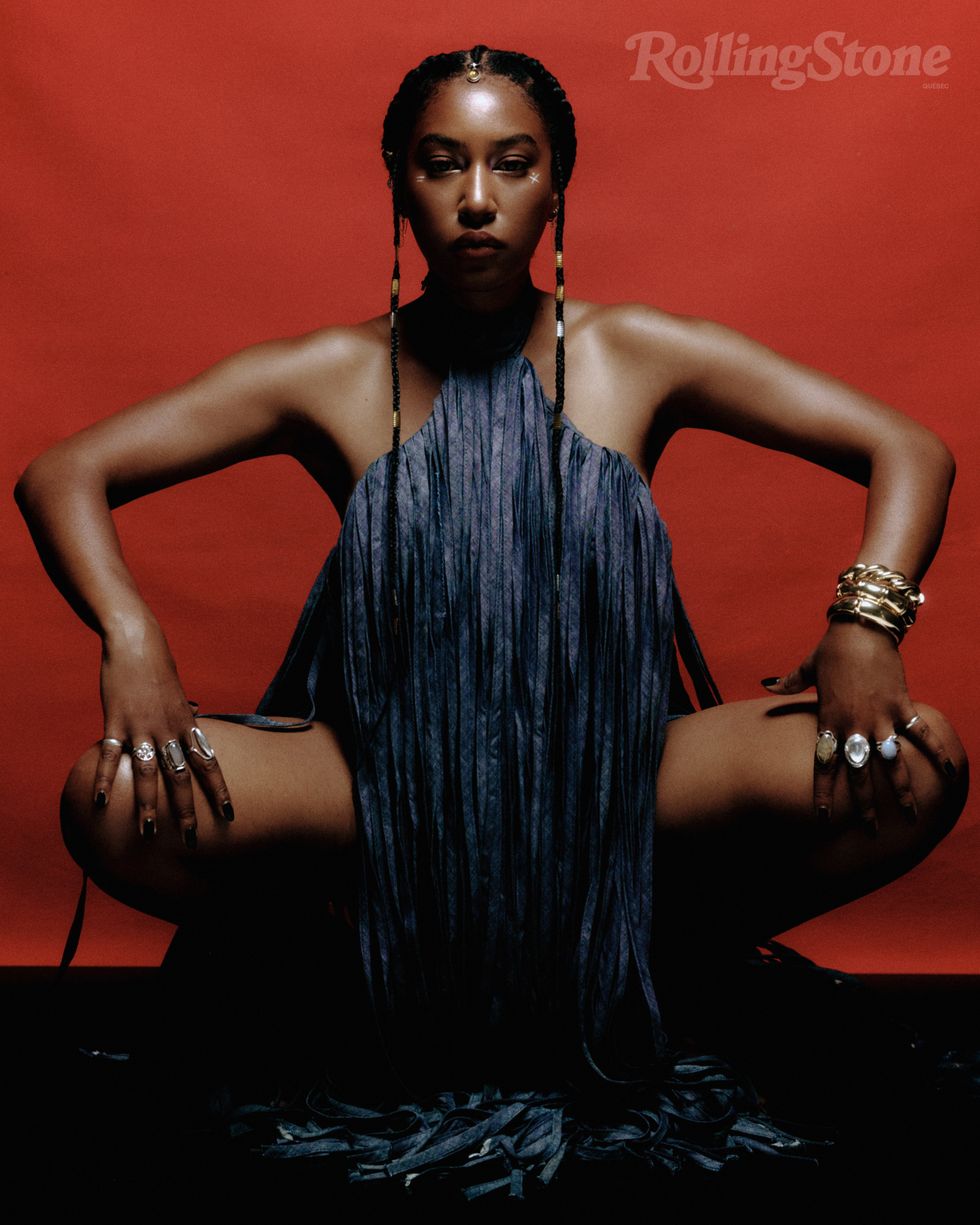 Dress: Helmer/Jewelry: Personal Collection
Dress: Helmer/Jewelry: Personal Collection 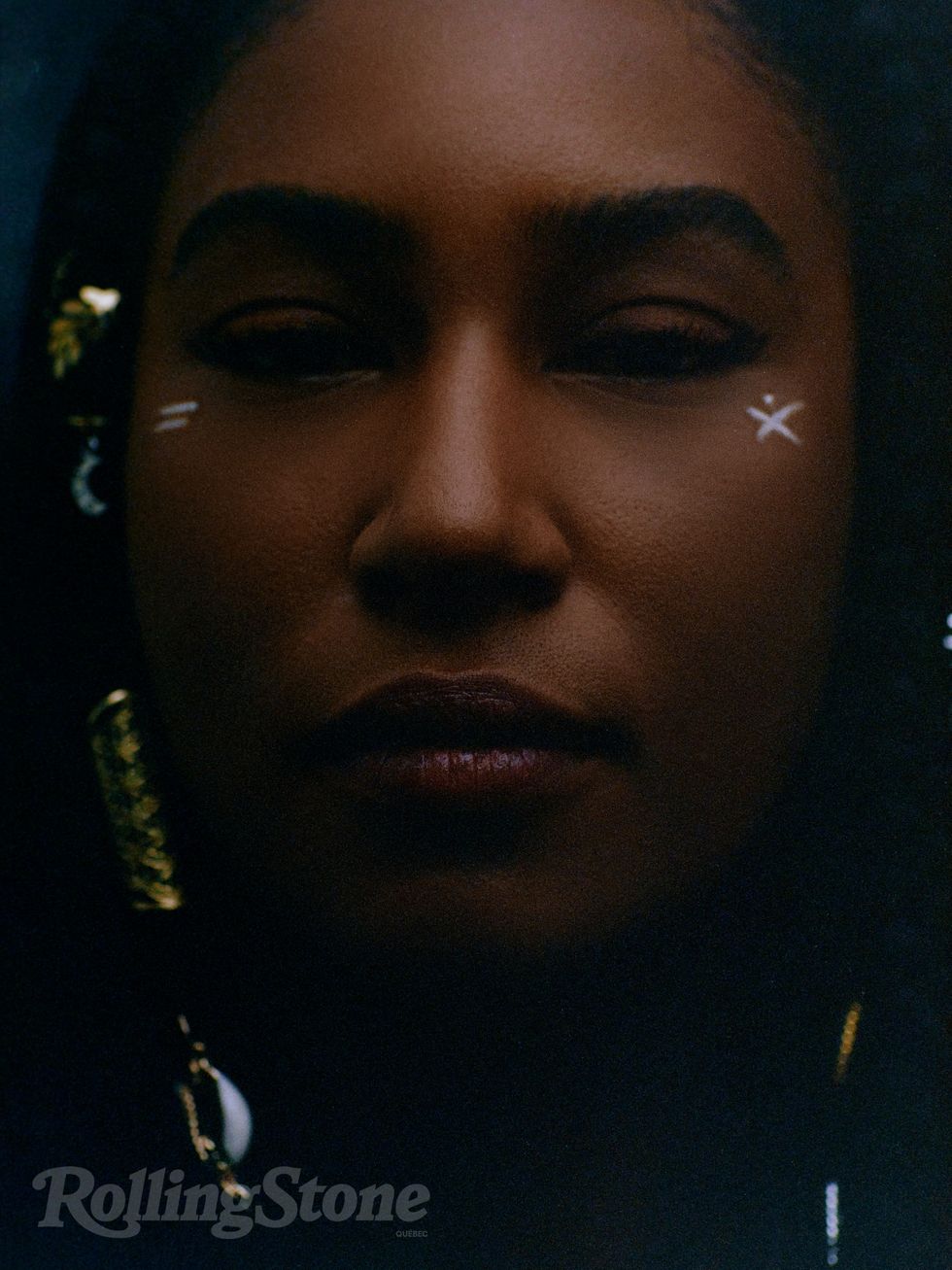 Jewelry: Personal Collection
Jewelry: Personal Collection 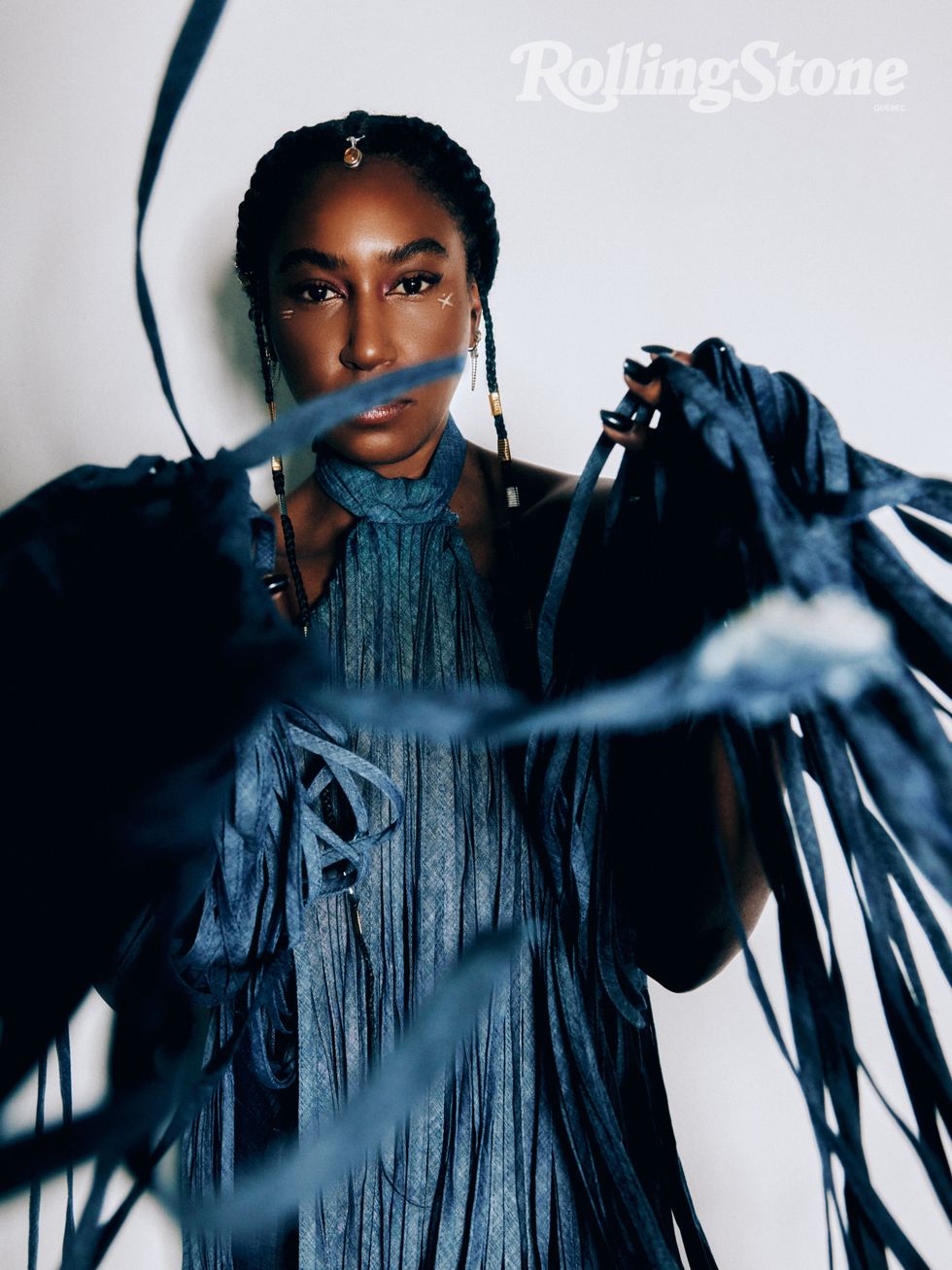 Dress: Helmer/Jewelry: Personal Collection
Dress: Helmer/Jewelry: Personal Collection 
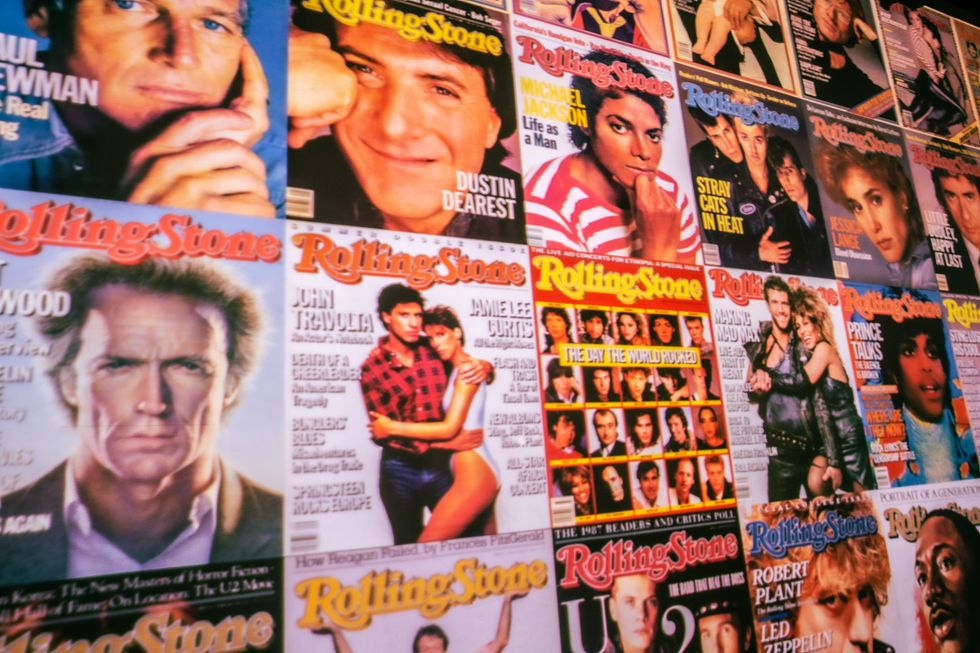
 Catering Presented By The Food DudesPhoto by Snapdrg0n
Catering Presented By The Food DudesPhoto by Snapdrg0n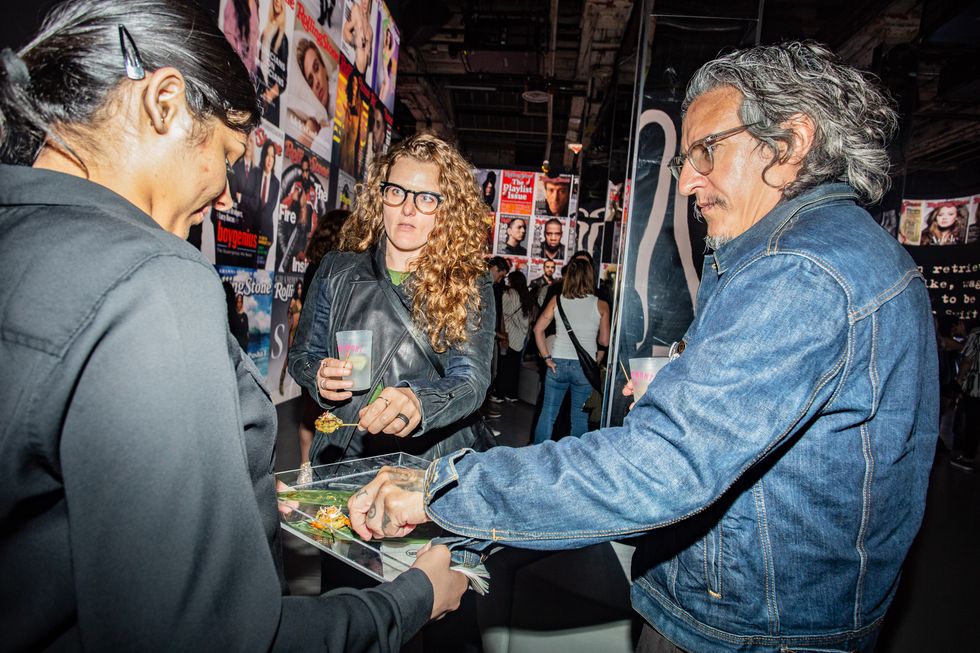 Catering Presented By The Food DudesPhoto by Snapdrg0n
Catering Presented By The Food DudesPhoto by Snapdrg0n Catering Presented By The Food DudesPhoto by Snapdrg0n
Catering Presented By The Food DudesPhoto by Snapdrg0n
 Photographer: Raphaëlle Sohier / Executive production: Elizabeth Crisante & Amanda Dorenberg / Design: Alex Filipas / Post-production: Bryan Egan/ Headpiece: Tristan Réhel
Photographer: Raphaëlle Sohier / Executive production: Elizabeth Crisante & Amanda Dorenberg / Design: Alex Filipas / Post-production: Bryan Egan/ Headpiece: Tristan Réhel Photo: Raphaëlle Sohier
Photo: Raphaëlle Sohier Photo: Raphaëlle Sohier/ Photo production: Bryan Egan/ Blazer:
Photo: Raphaëlle Sohier/ Photo production: Bryan Egan/ Blazer:  Photo: Raphaëlle Sohier/ Blazer: Vivienne Westwood/ Skirt :
Photo: Raphaëlle Sohier/ Blazer: Vivienne Westwood/ Skirt : 
